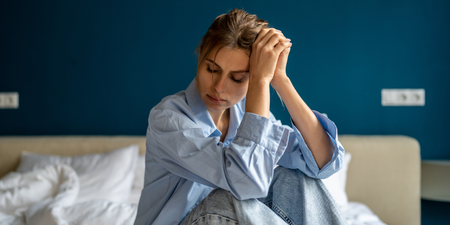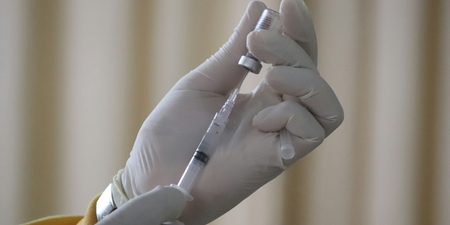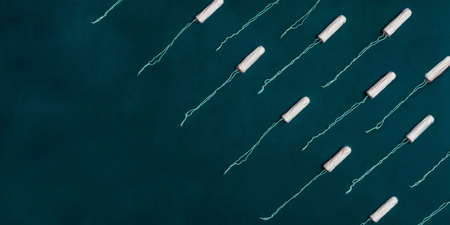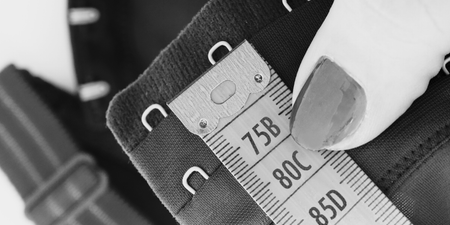A study of women aged 18-45 in Ireland has found that a third of women (33%) are not currently using any form of contraception, with another 9% saying they use natural methods, including the rhythm method, withdrawal, and other traditional forms of contraception.
The study was undertaken to assess attitudes towards contraception, raise awareness of the importance of being informed and launch a new, free booklet, ‘A Smart Woman’s Guide to Contraception’. It was carried out by Behaviour & Attitudes on behalf of Bayer Healthcare, and it found that more than a quarter of women in Ireland (27%) use condoms, with the same number (27%) using short-acting hormonal contraception, such as the pill.
The figures also showed that in the last two years, one in six women surveyed (17%) had accessed emergency contraception, with 5% accessing it more than once. In spite of this, a third of women in Ireland (34%) said that accessing emergency contraception did not prompt them to look at their contraception needs in a long-term way. One in ten women start using hormonal contraception within weeks of beginning a new relationship, rising to 16% within a month.
Dr Shirley McQuade, Medical Director of the Dublin Well Woman Centre, said:
“I’m surprised that such a high number of women in Ireland are not using any contraception. Even when you remove those women who are planning on having a child this year (13%), that still leaves one woman in five (20%) who are neither using contraception nor planning on getting pregnant within the year. The typical woman needs to consider contraception for up to 30 years of her life.”
Overall, three in four women surveyed (73%) are not planning to have a child for at least one year. Dr McQuade said;
“There are long-acting options that a significant number of Irish women of every age could consider – like intrauterine contraception, hormonal implants, and injections, all of which are reversible. These options will guard against pregnancy from between three months and over five years2. They cost more up front, but work out cheaper in the long run, so you should talk to your doctor and make sure the choices you have are the right ones for you.”
Awareness of long-acting forms of contraception is moderate, and more than half of the women surveyed (53%) recognised it is suitable for women of all ages, however usage is low. 8% have had an injection, 7% have used an intrauterine system (a hormonal coil, which differs from a copper coil), and 6% have had a hormonal implant. Willingness to try such methods is approximately double the usage figures.
The study showed that Irish women consider the pill to be the most effective form of contraception overall (45%), followed by sterilization (38%), condoms (27%), then intrauterine systems (18%), hormonal implants (17%) and injections (15%). The pill and condoms were the most well recognised forms of contraception (95% and 91% respectively), followed by injections (75%), sterilization (74%), the mini-pill (65%), patches, implants and intrauterine systems (63%, 60% and 57% respectively). 78% say they discuss contraception with their partner, and 46% claim to share joint responsibility for it.
The study also looked at the family situations and family intentions of women in Ireland. One in eight women (13%) definitely intend to have a child within a year, with a further 11% intending on it within two years. 62% said three years or longer. One in five women who don’t have children (10% overall) say they do not intend to have children.
Of the women surveyed who have a child, 54% conceived their child within three months – rising to 67% within six months. The average age for a first attempted pregnancy is 27, and 52% of the women surveyed had children (33% one child; 44%; 21% three or more).
For more information about contraception options, you can download a free copy of ‘A Smart Woman’s Guide to Contraception’ at www.mycontraception.ie.



















































